




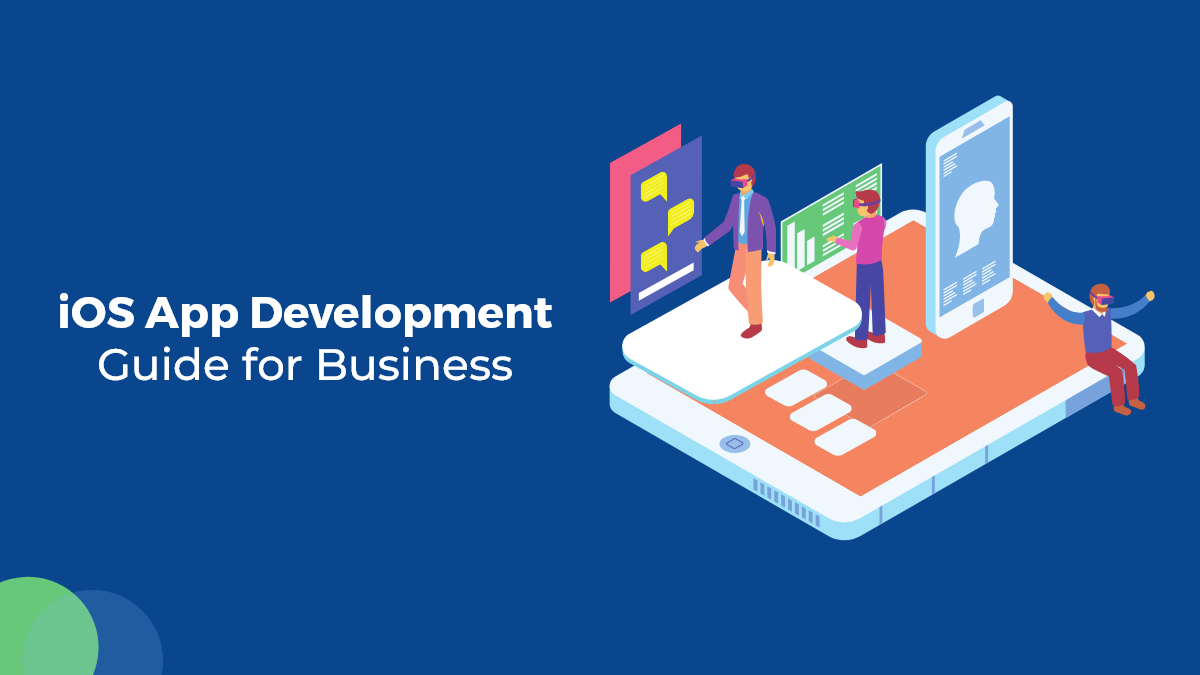
- November 18, 2022
- 127 Views
Businesses these days are looking to have an edge over their competition by having a strong online presence. A website is not enough anymore, and many companies are turning to mobile apps as a way to reach and engage with their customers.
If you’re thinking of developing an iOS app for your business but don’t know where to start, this guide is for you. We’ll go over the basics of iOS app development, from the initial planning stages to marketing your finished product. By the end of this guide, you’ll have all the information you need to get started on developing your very own iOS app.
-
Table of Contents
-
- 1. What is iOS App Development?
- 2. What Are the Types of iOS Applications?
- 3. What Are the Benefits of iOS Apps for Businesses?
- 4. What Are the Popular iOS App Development Languages?
- 5. Key Factors to Consider Before Building an iOS Application
- 6. The Different Stages of Developing an iOS App
- 7. Reasons to Outsource iOS App Development
- 8. Tips for Marketing Your iOS Mobile App
- 9. How to Choose the Right iOS App Development Company?
- 10. The Estimated Cost of iOS App Development
- 11. iOS App Development Trends to Consider in 2022 & Beyond
- 12. Conclusion
- 13. Frequently Asked Questions
-
What is iOS App Development?
iOS app development is developing software applications for Apple’s iOS operating system. iOS apps are written in Swift or Objective-C and can be published on the App Store or distributed privately.
What Are the Types of iOS Applications?
iOS app development can be broadly classified into native and hybrid. Let’s take a look at the key differences between the two approaches:
- Native iOS app development requires using Objective-C or Swift programming languages and Xcode IDE. Apps are developed specifically for Apple’s iPhone and iPad devices. Native iOS apps are faster and more responsive as they directly access the device’s hardware and software resources. They also have access to all the latest features of the iOS platform.
- Hybrid iOS app development uses web technologies like HTML, CSS, and JavaScript to develop cross-platform apps that can run on iOS and Android devices. These apps are slower as they have to communicate with the native container to access device resources.
What Are the Benefits of iOS Apps for Businesses?

Apple App Store is the second biggest and the close competitor of Play Store, with a variable user base region-wise.
And with mounting popularity and user base worldwide, App Store is predicting revenue growth of approx $96 billion by 2023 from $88B in 2022 Q1.
The demand is certainly increasing and there are several reasons behind the same.
- Increased Customer Retention
Customers who have a seamless, easy-to-use experience with your business through an iOS app are far more likely to continue doing business with you. In fact, a study by Boston Consulting Group found that customer retention rates increased by 20% when businesses offered their customers a mobile app.
This is because an iOS app allows customers to quickly and easily access the products or services they need from your business at any time. Customers can also use your app to track their purchase history, view current promotions, and contact customer support – without leaving their homes' comfort.
What's more, an iOS app gives you a chance to push notifications directly to your customers' devices to remind them of upcoming sales or new product releases. This ensures that your business stays top-of-mind for your customers, even when they're not actively using your app. -
Improved Customer InsightsAn iOS app can provide businesses with improved customer insights in several ways. First, an iOS app can collect data on customer behavior and preferences. This data can be used to segment customers and target them with personalized marketing messages.
Second, an iOS app can track customer interactions with the company, including customer service interactions, sales transactions, and support requests. This data can be used to identify areas where the customer experience could be improved.
Finally, an iOS app can provide businesses with feedback from customers through App Store reviews and ratings. This feedback can be used to improve the app itself as well as the overall customer experience. -
More Opportunities for Upselling and Cross-SellingWith an iOS app, businesses can offer customers additional products and services that they may be interested in. This can lead to increased sales and revenue for the business.
An iOS app also allows businesses to stay in touch with their customers after the sale has been made. By sending push notifications or updates about new products and services, businesses can keep their customers engaged and coming back for more. This can create a loyal customer base that is more likely to make future purchases. -
Enhanced BrandingAn iOS app can help enhance your brand in several ways. First and foremost, an iOS app can help to create a more professional image for your business. This is because an iOS app shows that you are willing to invest in your business and are serious about providing a good customer experience.
An iOS app can also help to improve customer loyalty and customer retention. This is because customers with an iOS app are more likely to use it regularly, which means they will be more likely to remember your brand when they need your products or services.
Finally, an iOS app can help you to reach new customers. This is because people who use Apple devices are typically early adopters of new technology, which means they are more likely to be interested in using new apps. If you can get your iOS app in front of them, you may be able to tap into this market and increase your customer base.
What Are the Popular iOS App Development Languages?
-
SwiftSwift is a powerful and intuitive programming language for macOS, iOS, watchOS, tvOS, and Linux. Swift adopts safe programming patterns and adds modern features to make programming easier, more flexible, and more fun. Swift’s clean syntax is easy to read and write, even if you’re just starting.
-
Objective-CObjective-C is a powerful, object-oriented programming language designed to extend the C programming language. It is still widely used today for developing iOS and macOS applications. Objective-C is known for its ease of use and wide range of features and is considered a robust and reliable language.
-
FlutterFlutter is a cross-platform mobile app development framework created by Google. It allows developers to write a single codebase for both iOS and Android platforms. Flutter uses the Dart programming language, which Google also develops. Dart is a fast, object-oriented language that compiles native code.
-
C#C# is a powerful object-oriented language that enables developers to create robust, high-performance applications. Although it is not as widely used as Objective-C or Swift, it is still popular for developing iOS apps.
-
HTML5HTML5 is the latest and most advanced version of the HTML standard. It offers new features like audio and video playback, offline storage, and improved performance. HTML5 is supported by all major browsers, including Internet Explorer, Firefox, Safari, and Chrome.
Key Factors to Consider Before Building an iOS Application

If you're considering developing iOS applications, there are a few factors you should take into account before getting started. Here are 5 important factors to consider:
- The Cost of Development - Developing iOS applications can be expensive, especially if you're hiring a professional developer or agency. Make sure you have the budget in place before getting started.
- The Time Commitment - Developing an iOS application takes time, so make sure you're prepared to dedicate the necessary time to get it done right. Otherwise, it could take longer and cost more than you originally anticipated.
- Your Target Audience - Who are you developing the application for? Keep your target audience in mind when making decisions about features and functionality. This will help ensure that your application is successful once it's launched.
- The App Store Approval Process - Once your application is complete, it will need to go through Apple's approval process before it can be listed on the App Store. This can take some time, so factor that into your overall timeline.
- Maintenance and Updates - After your application is live on the App Store, you'll need to plan for ongoing maintenance and updates.
The Different Stages of Developing an iOS App
The different stages of developing an iOS app are as follows:
- Ideation: This is the stage where you come up with the initial idea for your app. This is usually done by brainstorming with friends, family, or developers. Once you have an idea, you need to validate it to see if there is a market for it.
- Planning: In this stage, you will flesh out your idea and create a plan for how your app will function. You will need to consider things like what features your app will have, what platform it will be built for, and what design elements you will use.
- Development: This is the stage where you will actually start coding your app. You will need to choose a programming language and development environment and start building your app according to your plan.
- Testing: Once your app is built, you will need to test it thoroughly to ensure everything works as intended. You may need to enlist the help of friends and family members to test your app's features.
- Launch: Once you've tested your app and made sure it's ready for launch, you can submit it to the App Store and make it available to users worldwide.
- Maintenance: Even after your app is launched, you will need to continue to provide maintenance and support. This includes releasing updates to fix bugs, adding new features, and responding to customer feedback.
Reasons to Outsource iOS App Development
There are many reasons to outsource iOS app development for businesses. It can be a cost-effective way to develop an app quickly and efficiently. Here are some benefits of outsourcing iOS app development:
- Cost-effective: Outsourcing iOS app development can save businesses money. Development agencies often have access to cheaper labor markets, so they can develop an app for less than it would cost to hire in-house developers.
- Quick Turnaround Time: Development agencies typically have a large team of developers who can work on an app quickly and efficiently. This means that businesses can get their apps developed faster than if they were to do it in-house.
- Access to Experts: When businesses outsource iOS app development, they have access to a team of experts who know how to develop high-quality apps. This benefits businesses who want to ensure that their app is of the best possible quality.
- Flexibility: Outsourcing iOS app development allows businesses to scale up or down as needed. If businesses need more features to their app, they can add more developers to their project team. Similarly, if businesses want to save money, they can reduce the number of developers working on their projects.
- Risk Management: When businesses outsource iOS app development, they transfer the risk of developing an app from themselves to the agency they're working with. This means that the agency will be responsible if something goes wrong during development, not the business.
- Focus on Core Business: When businesses outsource iOS app development, they can focus on their core business activities rather than worry about their app's development. This frees up time and resources that can be better used elsewhere.
Tips for Marketing Your iOS Mobile App
iOS app development is a process that requires careful planning and execution. Marketing your iOS app can be challenging, but it can be a successful endeavor with the right approach. Here are some tips for marketing your iOS app:
- Define your target audience. Knowing who you want to reach with your marketing efforts will help you to create targeted campaigns that are more likely to be successful.
- Research the competition. Take the time to learn about the other iOS apps in your category so that you can identify areas where you can differentiate your own app.
- Create compelling content. Whether it's a website, blog, or social media post, make sure that the content you create is interesting and informative so that people will want to learn more about your app.
- Use paid advertising wisely. Paid advertising can effectively reach potential customers, but it should be used in addition to other marketing efforts, not as a replacement for them.
- Make use of social media platforms. Social media platforms offer a great way to connect with potential customers and create buzz around your app. Make sure to post regularly and interact with users so that they stay engaged with your brand.
How to Choose the Right iOS App Development Company?
iOS app development can be a complex and time-consuming process, so it's important to choose the right iOS app development company to partner with. Here are seven tips to help you choose the best iOS app development company for your business:
- Define Your Project Scope and Requirements.
Before beginning your search for an iOS app development company, it's important first to define the scope and requirements of your project. This will help you create a more targeted list of companies to research and ultimately choose from.
-
Research Potential Companies.Once you understand your project scope and requirements, it's time to start researching potential iOS app development companies. There are a number of ways to do this, including online research, word-of-mouth recommendations, and referrals from trusted sources.
-
Compare Company Portfolios.One of the best ways to evaluate an iOS app development company is by looking at its past work and client projects. Most reputable companies will have an online portfolio you can review, so take some time to browse various portfolios before making your final decision.
-
Check Out Online Reviews and Testimonials.In addition to looking at company portfolios, another great way to get insights into an iOS app development company is by reading online reviews and testimonials from past clients. This can give you valuable insights into a company's quality of work, customer service, and overall experience working with them.
The Estimated Cost of iOS App Development
iOS app development costs can range from $5,000 to $250,000. The average cost is usually around $100,000.
Factors that impact the cost of developing an iOS app include the size and complexity of the app, the number of features it has, and whether or not you need custom design work. Generally speaking, the more complex and feature-rich an app is, the more it will cost to develop.
iOS App Development Trends to Consider in 2022 & Beyond
Undoubtedly, the iOS platform is here to stay and continues to be one of the most popular mobile operating systems. As we move into 2022 and beyond, there are some key trends in iOS app development that businesses should be aware of:
- Augmented Reality (AR) and Virtual Reality (VR) – With the release of Apple's ARKit framework, businesses can now develop innovative AR apps for iPhone and iPad users. We expect to see a surge in the popularity of AR apps in the coming years as this technology becomes more mainstream. VR apps are also becoming increasingly popular, particularly in gaming and entertainment.
- Wearables – The Apple Watch is one example of the growing trend of wearable technology. While initial adoption rates for wearables have been relatively low, we expect this to change as more businesses develop applications for these devices in the coming years.
- Internet of Things (IoT) – IoT is another growing trend expected to impact iOS app development greatly. More and more devices are being connected to the internet, allowing businesses to collect data and offer new services and applications.
- 5G – The rollout of 5G networks will significantly impact mobile app development, including iOS devices. 5G offers significantly faster speeds and lower latency, enabling new types of apps and services that aren't possible with current 4G networks.
Conclusion
Developing an iOS app can be a daunting task, but with the right planning and execution, it can be a successful endeavor. This step-by-step guide provides all the information you need to get started, from idea generation to putting your app on the App Store. With dedication and hard work, you can develop an iOS app that people will love to use. Thanks for reading!
Frequently Asked Questions
Q: What are the benefits of iOS app development?
A: iOS app development can improve your business in a number of ways. First, it can help you reach new customers and markets. Second, it can improve efficiency and productivity within your company by streamlining processes and communication. Third, it can help you to better understand your customers' needs and wants. Finally, an iOS app can give your business a competitive edge in today's marketplace.
Q: What do I need to get started with iOS app development?
A: To develop an iOS app, you will need a Mac running the latest Xcode version. Xcode is a free software development environment available from Apple. You will also need an active Apple developer account, which requires an annual fee of $99.
Q: How long does it take to develop an iOS app?
A: The time it takes to develop an iOS app varies depending on the project's complexity. A simple app could be completed in as little as two weeks, while a more complex app could take two months or more.
About Author
You May Also Like

Is your business still relying on off-the-shelf software solutions that don’t efficiently meet your unique business requirements? If your mind instantly says yes, then let’s explore why in

Businesses these days are looking to have an edge over their competition by having a strong online presence. A website is not enough anymore, and many companies are turning to mobile apps as a way to

Imagine a world where you can speak your thoughts and desires, and the digital realm responds promptly, seamlessly integrating into your daily life. Whether you want to search for information, contro

Nowadays, the financial industry has encountered massive digitization, and mobile apps play a significant role in it. There are a wide variety of money transfer apps available, catering to the needs a

In the last few years, wearables have become increasingly popular. Fitness trackers, smartwatches, and even smart glasses are becoming more and more commonplace. And as the technology improves and bec

If you’re planning to enter the fast-growing fantasy sports market, one of the most critical aspects considered is “What will it cost to build a fantasy sport that stands out and drives t
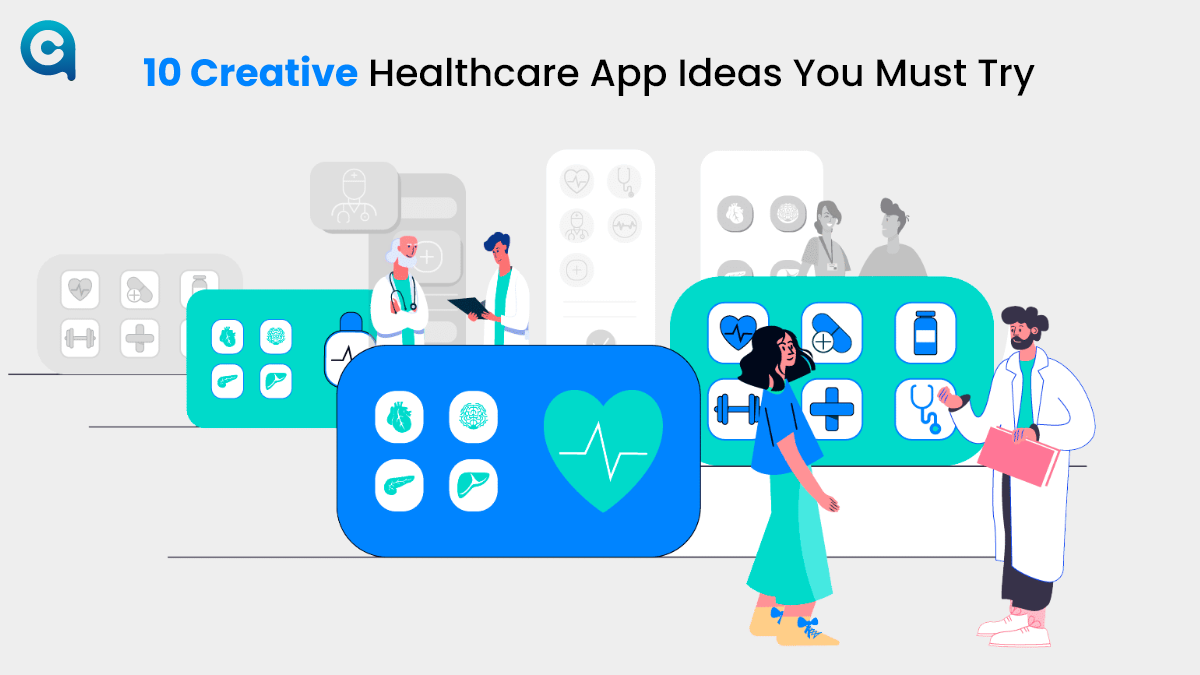
As we head into the future, more and more people are looking to find ways to improve their healthcare. And with good reason - healthcare can be expensive, and it can be difficult to get the right care

Over-the-top (OTT) platforms like Disney Plus, Netflix, and Prime Video have gradually captured attention as traditional TV-watching methods have faded. Throughout the year, OTT platforms have created

The two hottest frameworks in the mobile app development world are Flutter and React Native. They’re both cross-platform solutions that allow you to write code once and deploy it to Android and

Mobile applications play a vital role in the development of multiple businesses in this digital world. Most companies are investing in iOS app development to strengthen their market appearance and dra

You’ve likely heard the term “Artificial Intelligence” or AI until now—It’s 2025. But have you ever paused to consider how deeply AI has woven itself into the web of our

As the world of startups becomes increasingly competitive, building an MVP is crucial for entrepreneurs looking to test their ideas and launch successful businesses. By creating a minimum viable produ
The beacon technology market was valued at 519.6 million U.S. dollars in 2016, and it was estimated to increase at a CAGR of 59.8% to reach about 56.6 billion U.S. dollars in size in 2026. Throughout

Having a mobile application is no longer a luxury—it's an essential tool for instantly capturing the market! To stand out in the rental businesses, a company must adopt tech-driven preferences

Rental businesses are gaining market share by offering essential services that help other businesses minimize downtime and maximize profitability. This growth trend is particularly strong in the servi

Picture this: a world where traditional banking transforms into a cutting-edge, efficient, and transparent system that leaves everyone in awe. Blockchain, often met with skepticism and uncertainty, is

Do you know what digital transformation with AI is and how it can impact your business? Organizations today are under pressure to digitally transform to stay competitive. This digital transformation

Are you looking to design a mobile app in 2025? Mobile application development is an ever-changing field, and it can be hard to keep up with the latest trends and best practices. But with this guide,
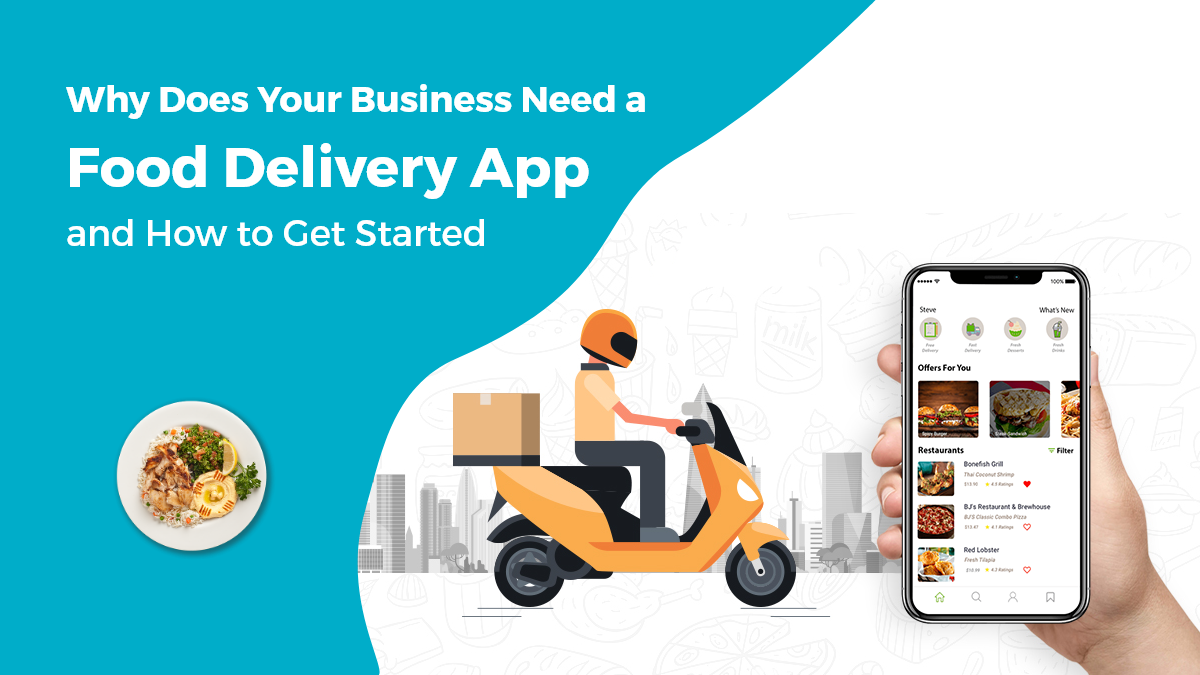
Businesses after COVID are going through several changes, and the food industry is no different. Restaurants that have been doing dine-in are now struggling to keep up with the demand for delivery and

Table of Contents 1. What is ChatGPT? 2. What Are the Top Benefits of ChatGPT? 3. How Does ChatGPT Work? 4. Challenges With ChatGPT 5. ChatGPT and the Future of AI 6. Final Thoug

Are you aware that the world is going through a significant shift in the way we make payments? According to a recent report by Deloitte, the total value of digital payments worldwide is estimated to r

Australia is moving towards a big shift at a global level. It is strengthening the ties at the B2B level and becoming a hub for innovation, sustainability, and digital transformation. Backed with a r

In recent years, the gaming industry has seen a surge in popularity, with many gamers turning to online gaming platforms and console games in order to escape reality. With so many people playing video

Google released Android 13 beta 4 to the public, and with it comes a slew of new features and updates. In this article, we'll walk you through everything you need to know about the latest version of A

The United Arab Emirates (UAE) is flourishing as the hub for blockchain technologies, transforming the digital ecosystem and having a forward-thinking government to maintain its competitive edge. Gove

Blockchain technology and web development are two powerful innovations that have the potential to transform our world. While they may appear distinct, they share similarities and can work together to
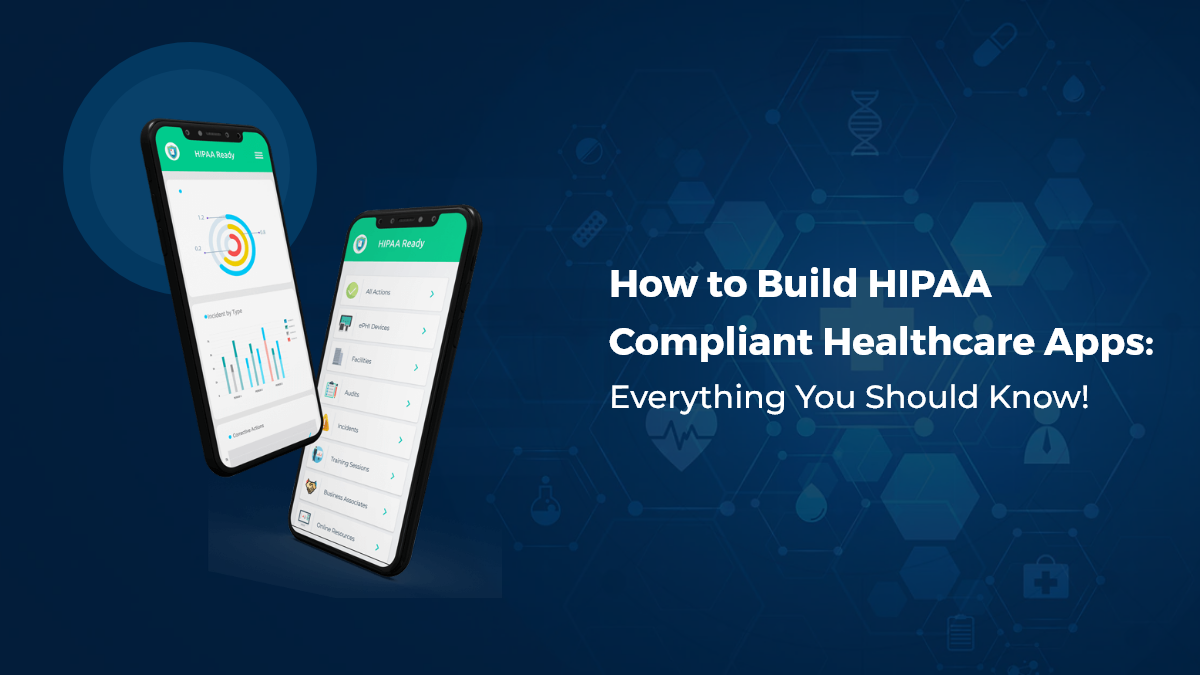
If you’re in the healthcare industry, then you know that data privacy and security are of utmost importance. In order to protect patients’ information, the Health Insurance Portability and

The mobile app market has grown to a staggering size, with over 1.8 million apps available in the Google Play Store and Apple App Store combined. Mobile apps have become a necessity for people worldwi

Augmented Reality and Virtual Reality are the two leading buzzwords in the technology era. What began as a completely new, significantly different technology has rapidly revolutionized into something

Gone are the days when people used to wave down a taxi on the street or wait for one at the airport. With the advent of technology, people can now book a taxi with just a few taps on their smartphones

Nowadays, the digital presence has revolutionized business dynamics. App development is not just evolving but breaking traditional barriers and emerging as strong and progressive solutions. With robus
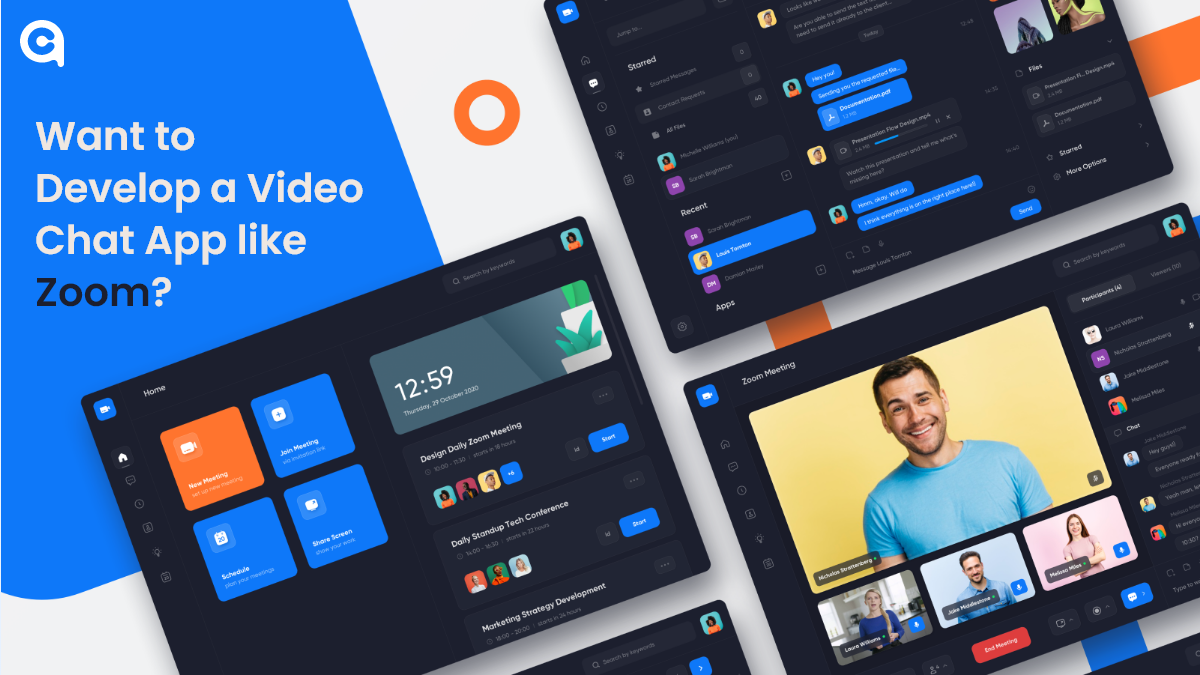
Depending on what niche you’re in, video chat apps are becoming increasingly common in the world of business and technology. Whether it’s a small startup company or a multinational corpora
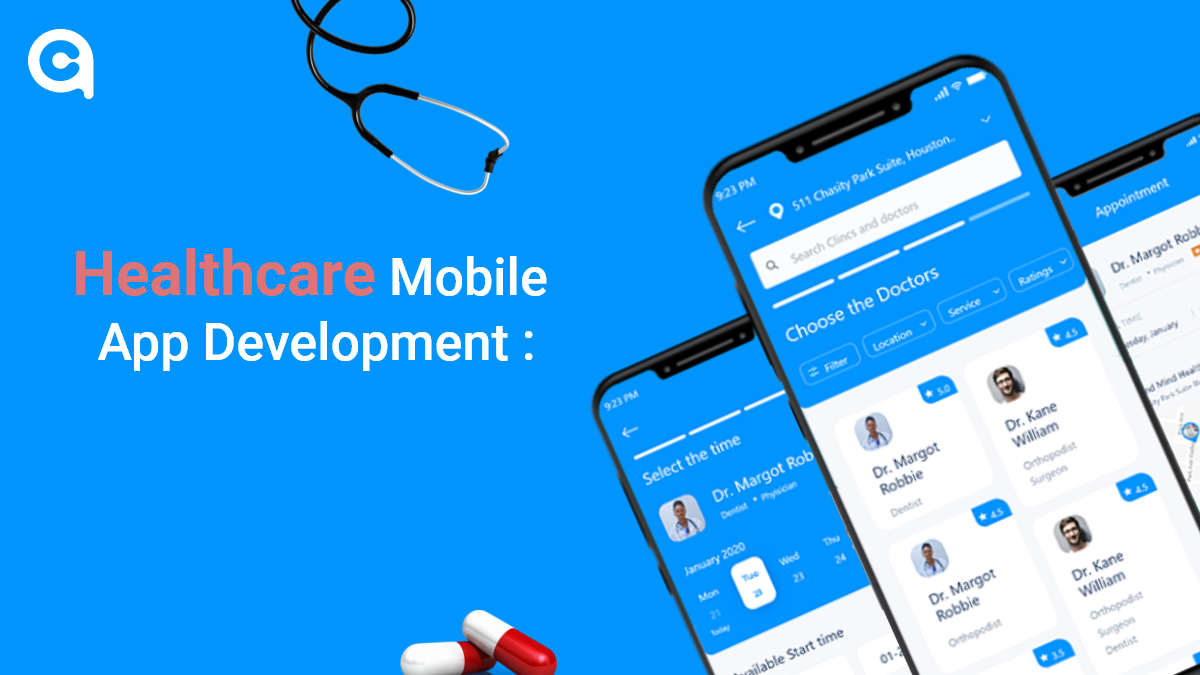
The healthcare industry is one of the most rapidly changing and growing industries worldwide. Mobile devices and apps have drastically changed how providers and patients interact and communicate.So, i

Lately, the tech world has been abuzz with talk of the Metaverse, a groundbreaking concept that promises a shared virtual space where people can interact and engage with one another. This futuristic i

The launch of Node.js 19 is now available! It substitutes Node.js 18 as the current launch line, with Node.js 18 being encouraged to long-term support (LTS) next week. What do these two launches mean
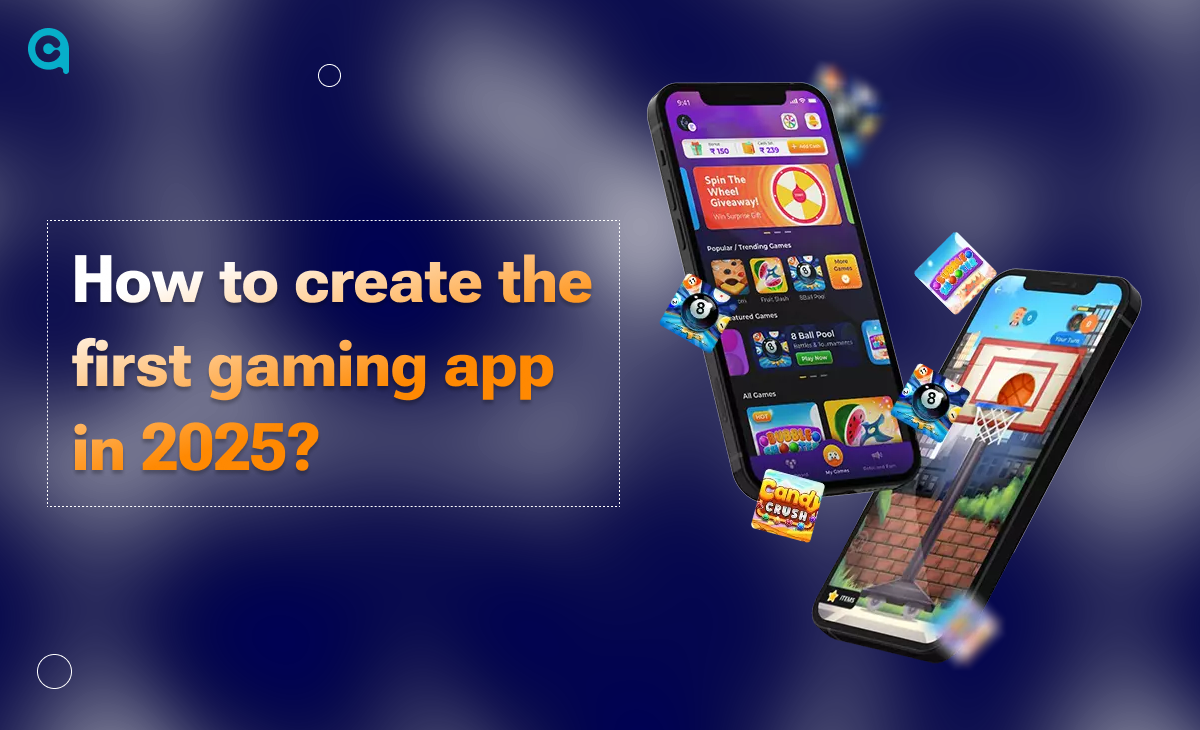
Application development is essential to fostering business efficiency while accepting new changes. Depending on the specific requirements, 85% of businesses rely on software development solutions to s

Generative AI? Is this still a question mark to you? If you don’t know what generative AI does, that would be a fair question, but it was not if you said that you haven’t interacted with
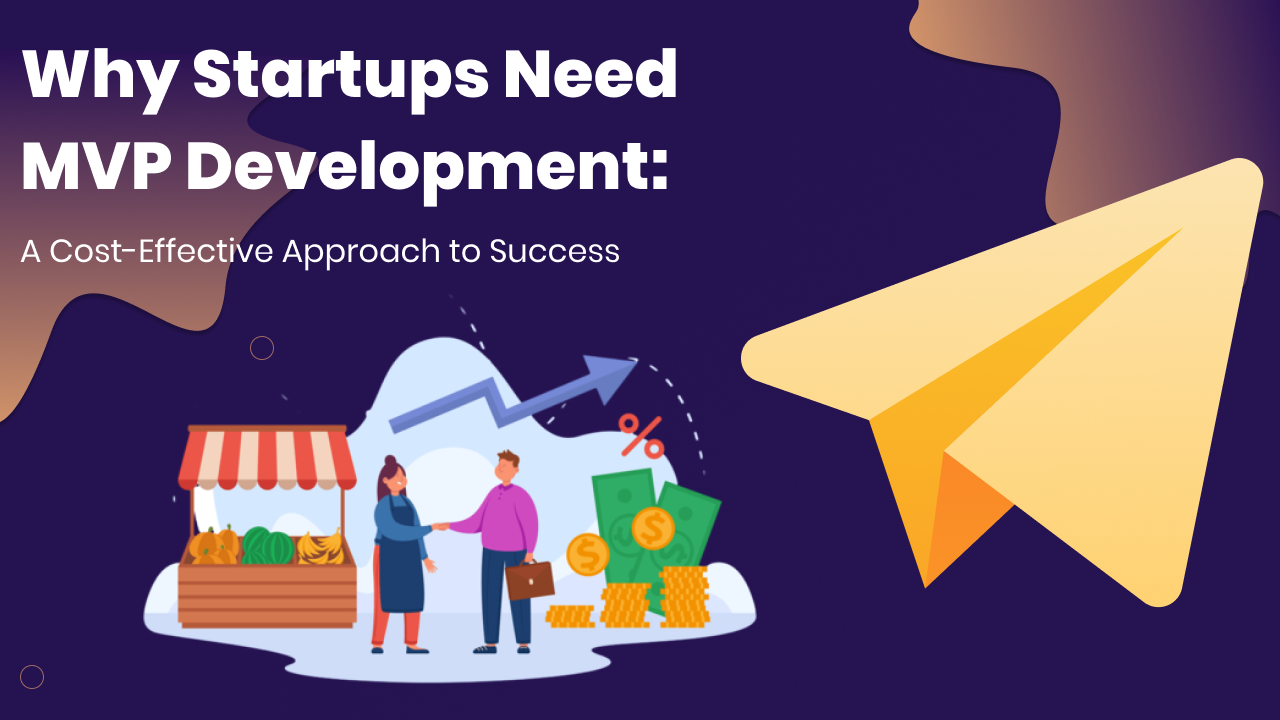
The startup space is fast, competitive, and harsh. According to Exploding Topics, about 90% of startups fail. What would be the reason for that? There would be multiple reasons for startup failure, bu
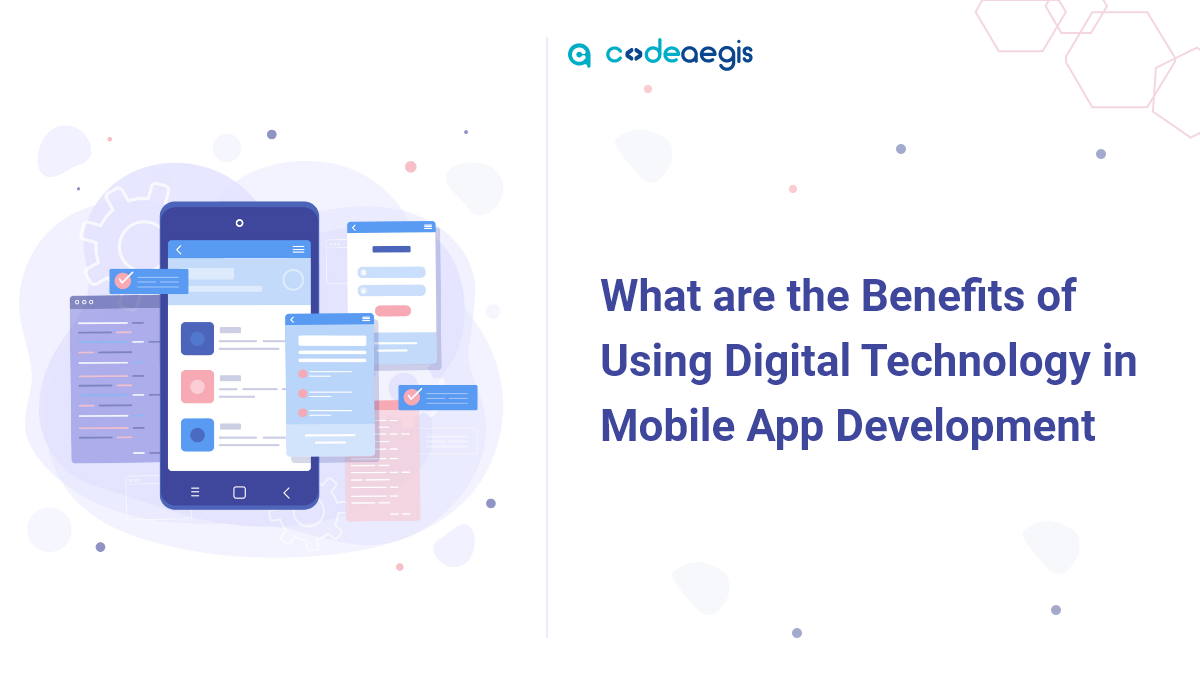
With the ubiquity of smartphones and tablets, it only makes sense that mobile app development - which is the process of creating applications for smartphones and tablet devices - is becoming more popu
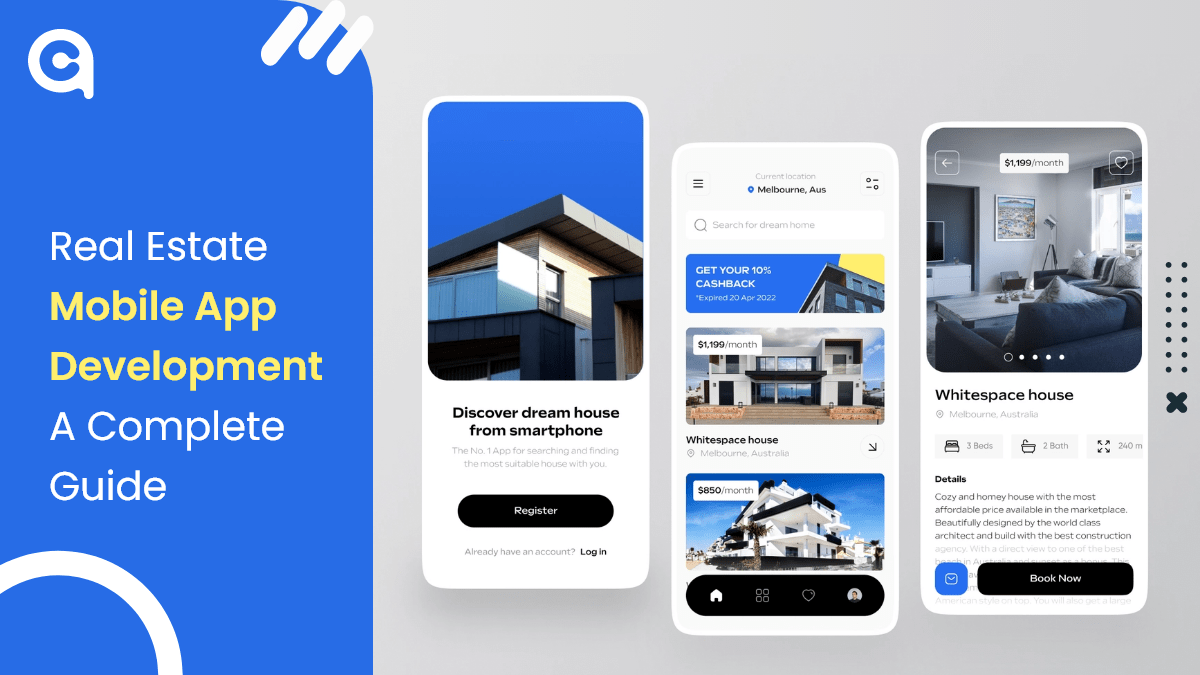
The world is digitizing at a very rapid pace, and in such a scenario, real estate businesses must also go digital to stay ahead of the competition. One of the best ways to digitize your business is de

As blockchain technology continues to evolve, so too does the landscape of projects built on its foundation. The worldwide Blockchain market is predicted to expand at a CAGR of 42.8% (2018-2023), dire

Did you know that Dubai's prime residential market is projected to experience the world's strongest growth in 2025? The Middle East is buzzing with opportunities, especially in the realm of mobile app

Mobile app development is quickly becoming a necessity for businesses. As the world becomes increasingly digital, companies of all sizes rely on mobile apps to reach customers and increase customer en
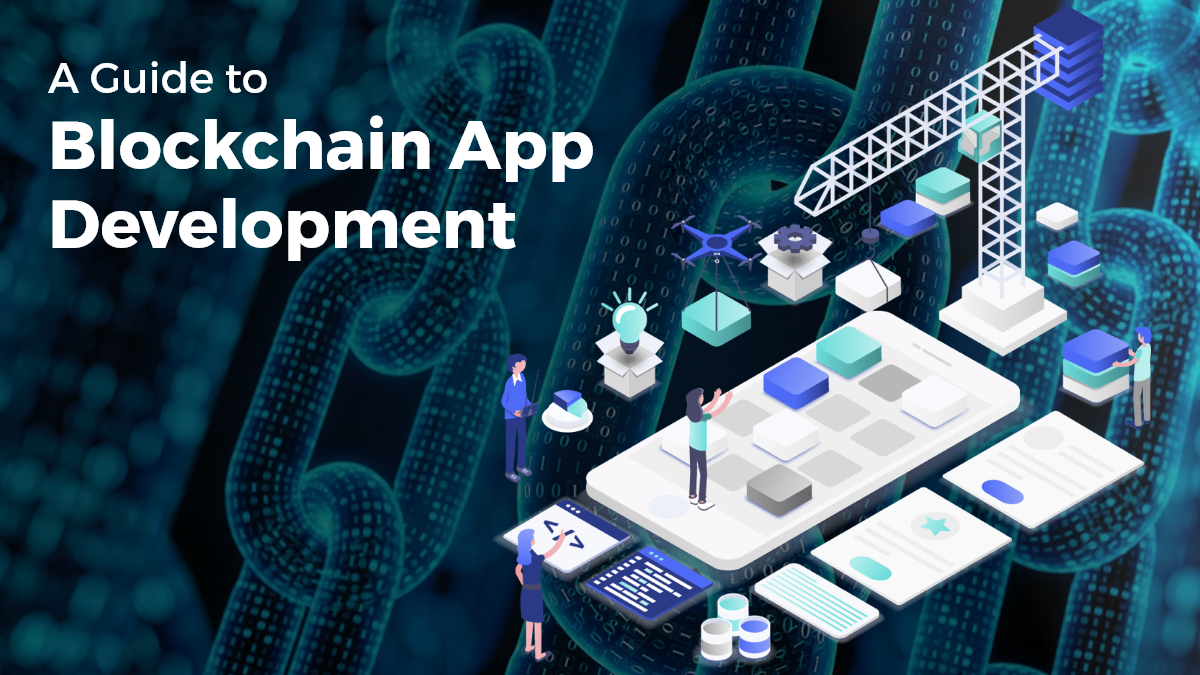
Blockchain technology has been a hot topic recently due to its potential to revolutionize various industries. Blockchain is a distributed ledger technology that ensures transparency, security, and dec

An extensive background working in Tech, Travel, and Education Industries. Currently involved in entire business operations process: Benefits strategy and implementation, systems integration, Human Re

The UAE, and Dubai specifically, has really evolved from just a real estate and tourism market, and is quickly becoming a hub for digital innovation and online commerce. With the continued investment

Will DeepSeek and ChatGPT collide in the race for AI Supremacy? DeepSeek and ChatGPT are at the center of a heated debate that tends to shape the future of AI. The real-world implications and effecti
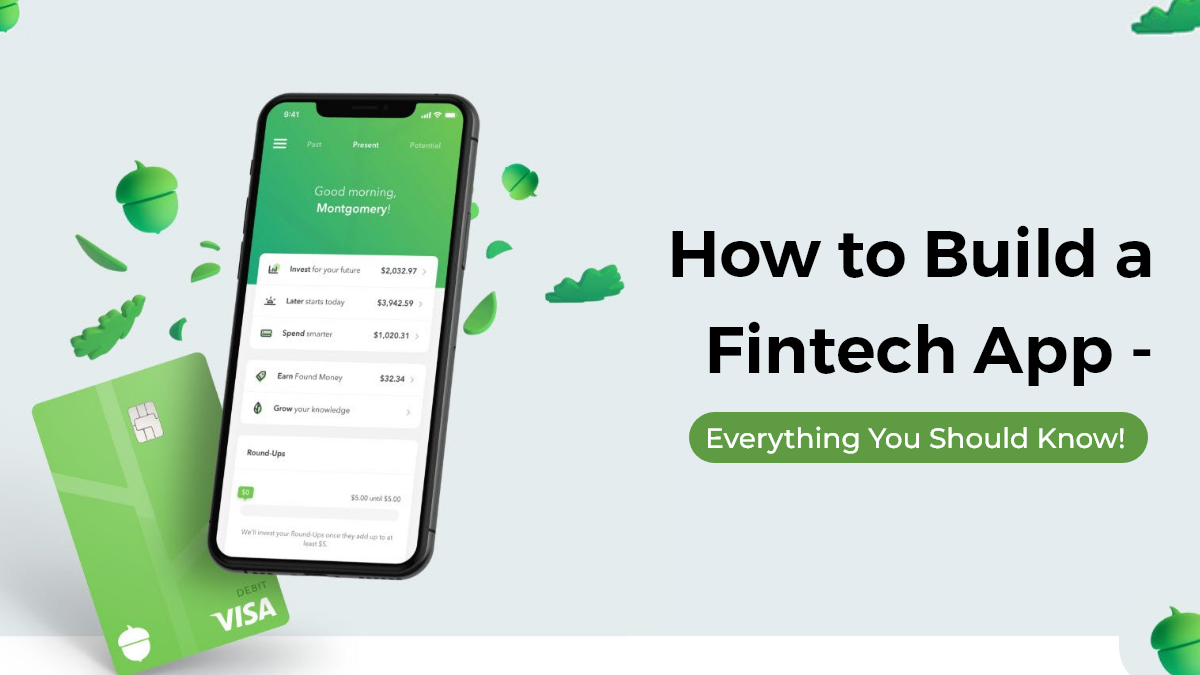
With the advent of technology, the financial industry has experienced a massive transformation in the past few years. Fintech applications have revolutionized the way we manage and invest our money.

DeFi is a new kind of investment that’s taking the world by storm. So what is it? Essentially, DeFi is a digital asset class that allows you to invest in cryptocurrencies and other digital asset

When it comes to developing an app, there's a lot to consider. Not only do you need to create a user-friendly interface and design, but you also need to make sure your app is able to meet the demands

Do you run your own business and want to build an Android app? If yes, you must know about the latest technology trends playing a significant role in the android app development process. Technology i

Necessity is the mother of invention origin! Have you ever wondered when an entrepreneur decides to start a business? When demand is high and supply is low, opportunities arise. But there’s mor

Over the past decades, the healthcare sector has continuously expanded its wings, moving from traditional to advanced technological processes. This evolution is driven by the sector's unwavering commi

It's no secret that the digital world has transformed many aspects of our lives, and it is only going to continue changing in ways we can't even imagine yet. To help businesses keep up with this rapid
Have you ever felt like you’ve attracted 30% more consumers to your shopping sales by using a technical hack to revive your shops? It would work like a person was crossing through next to your

The mobile app market has grown to a staggering size, with over 1.8 million apps available in the Google Play Store and Apple App Store combined. Mobile apps have become a necessity for people worldwi

Have you ever found yourself in a situation where you desperately needed a product or service but didn't have the time or energy to go out and get it? Well, fear no more because on-demand delivery app

Imagine a classroom where history comes alive in the 3D model of historical events. Biology students can explore the unique complexities of a cell as they have practiced it with real-world examples, a

Mobile applications have dominated the market, helping businesses to reinforce their full potential. Not only for the rental business, but mobile apps play a critical role in establishing a solid foun
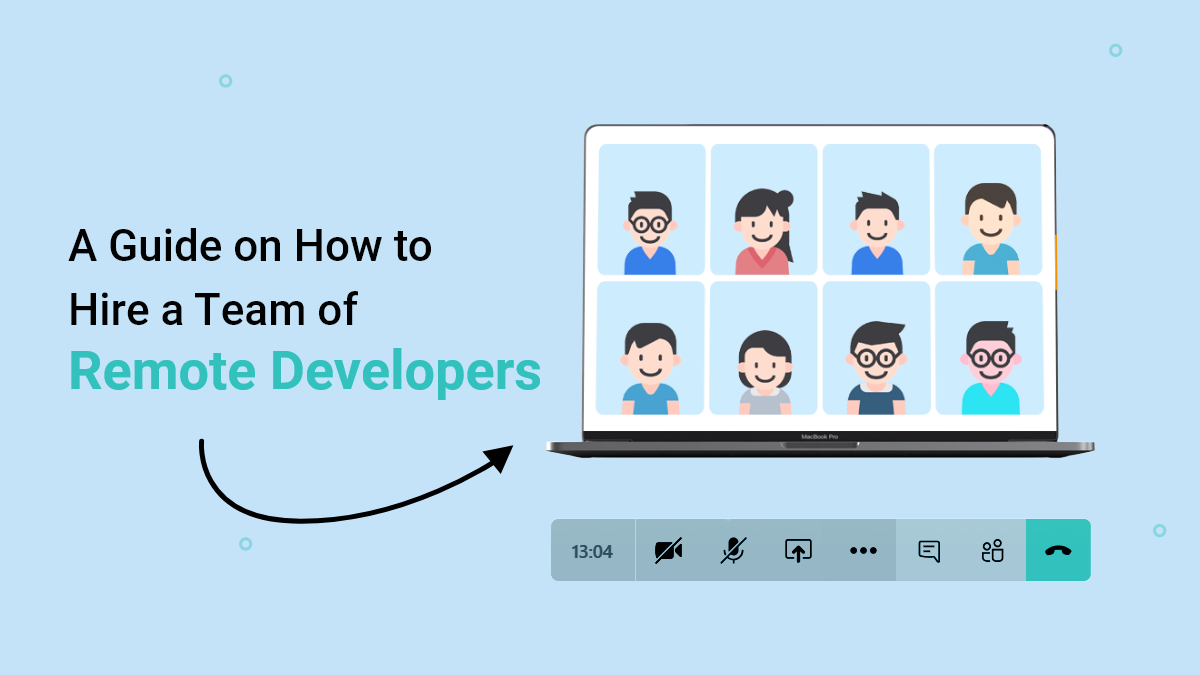
Hiring a team of remote developers can be a daunting task, but it doesn't have to be. With a little bit of planning and the right approach, you can find the perfect candidates to build your dream prod

The world of gaming is rapidly evolving, and the latest buzzword is "metaverse." The term refers to a virtual world where users can interact with each other and digital objects in real time, using imm
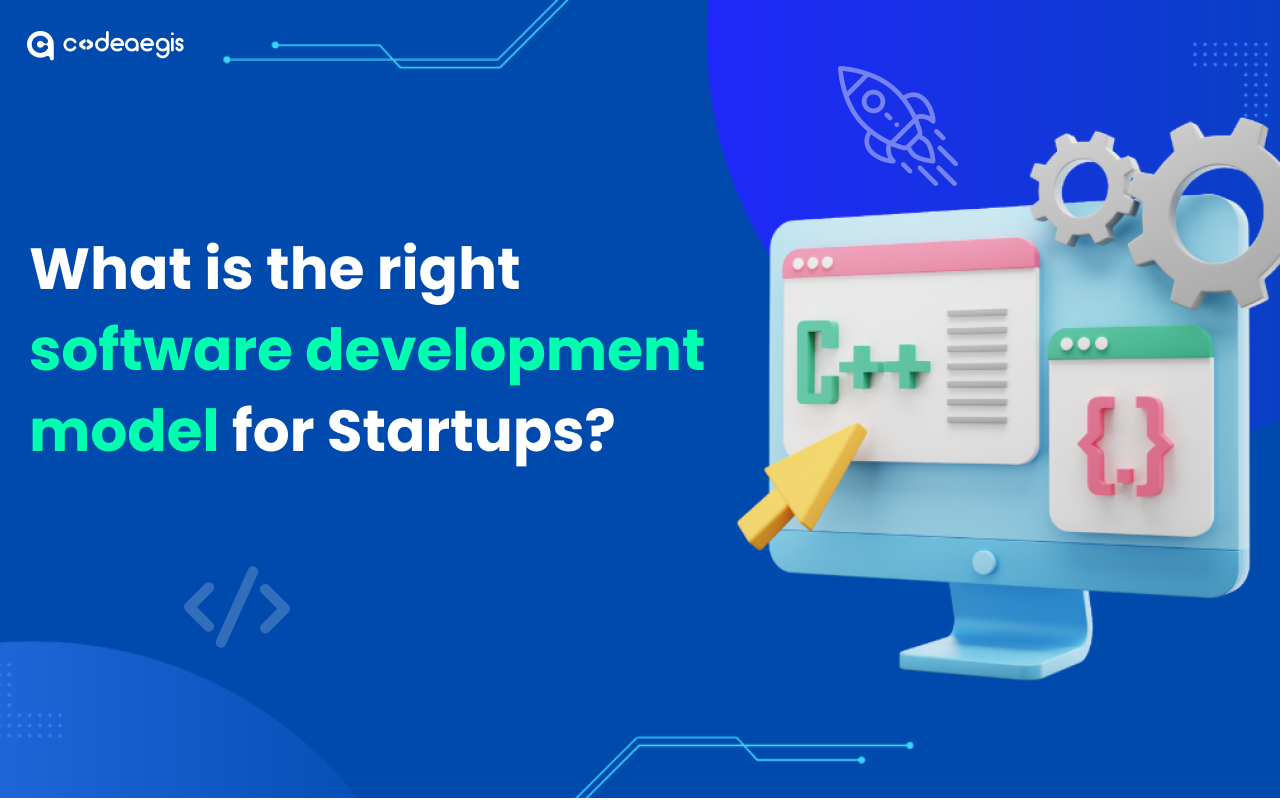
Sipping coffee and thinking of a startup has always been trendy. Similarly, hanging out with friends and promising them to start a business someday feels refreshing. Did you know that several success
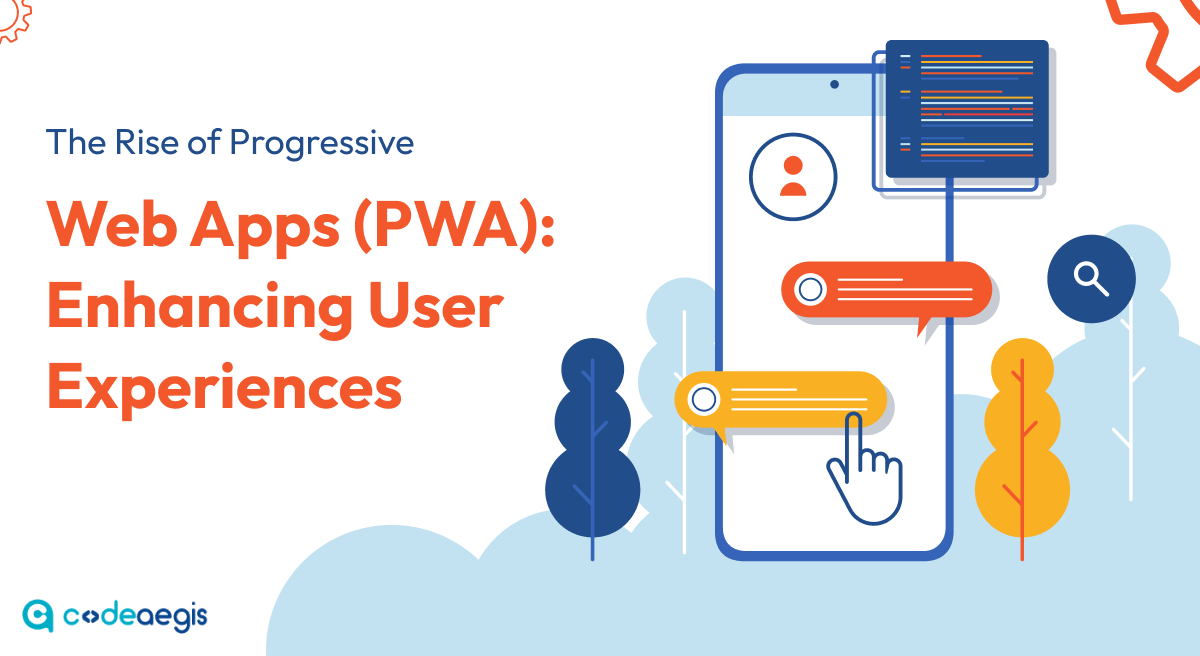
In today's digital world, businesses must keep up with ever-increasing consumer expectations and find new ways to engage their audience. That's where Progressive Web Apps (PWAs) come in. PWAs are a r

The gaming industry is proliferating with the advent of smartphones and PCs. Every age group, from children to adults, is well-engaged and fond of online gaming. The rapid evolution of mobile gaming a

Blockchain technology is becoming the heart of multiple industries. It is robustly securing businesses through its core value, making it the first pick-up in the generative AIs. The blockchain is the

By 2024, we all know that technology will be the future. What excites me the most is that technology has covered all the dimensions of businesses, enabling them to attain their potential and efficienc
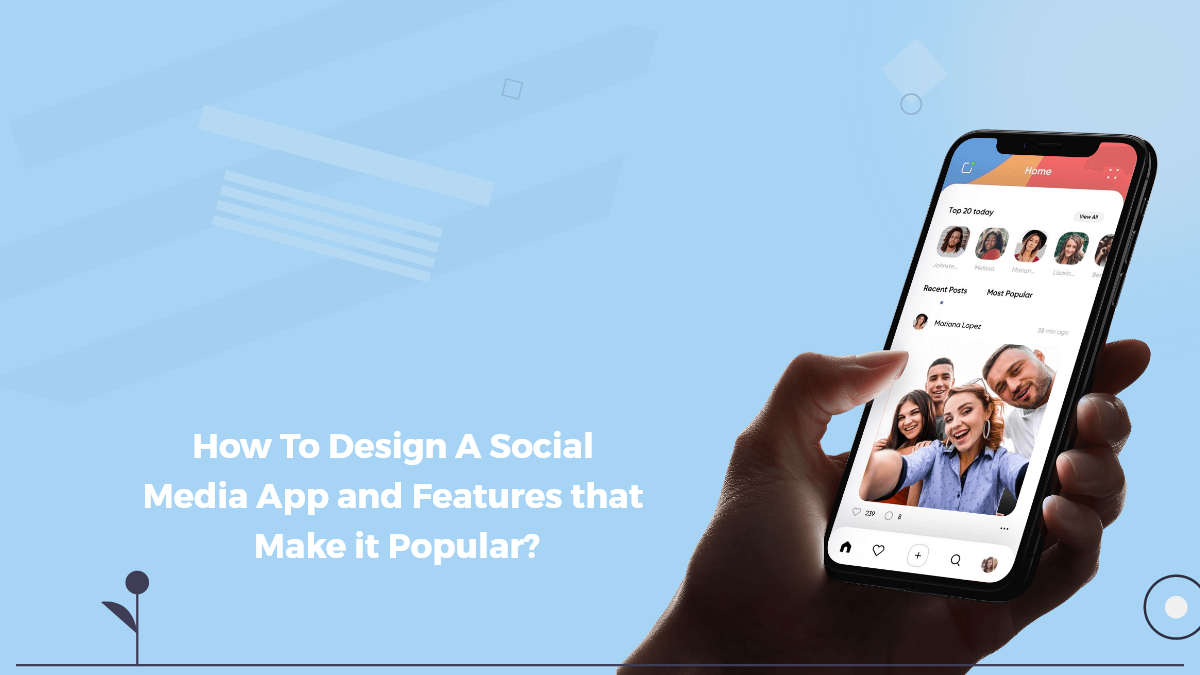
Social media apps are all the rage these days. People use them to connect with friends and family, to learn about new products and services, and to stay up-to-date on the latest news. But as popular a

When it comes to mobile app development, one of the most important things you need to consider is the prototyping process. This will allow you to create a working model of your app so that you can tes

Picture this - a world where business transactions are seamless, secure, and transparent. This might have seemed like a distant dream before the advent of cryptocurrencies and blockchain technology, b

The food delivery application has innovative, game-changing features that will transform the industry from the bottom to the top. According to Statista, the online food delivery market in the UAE has
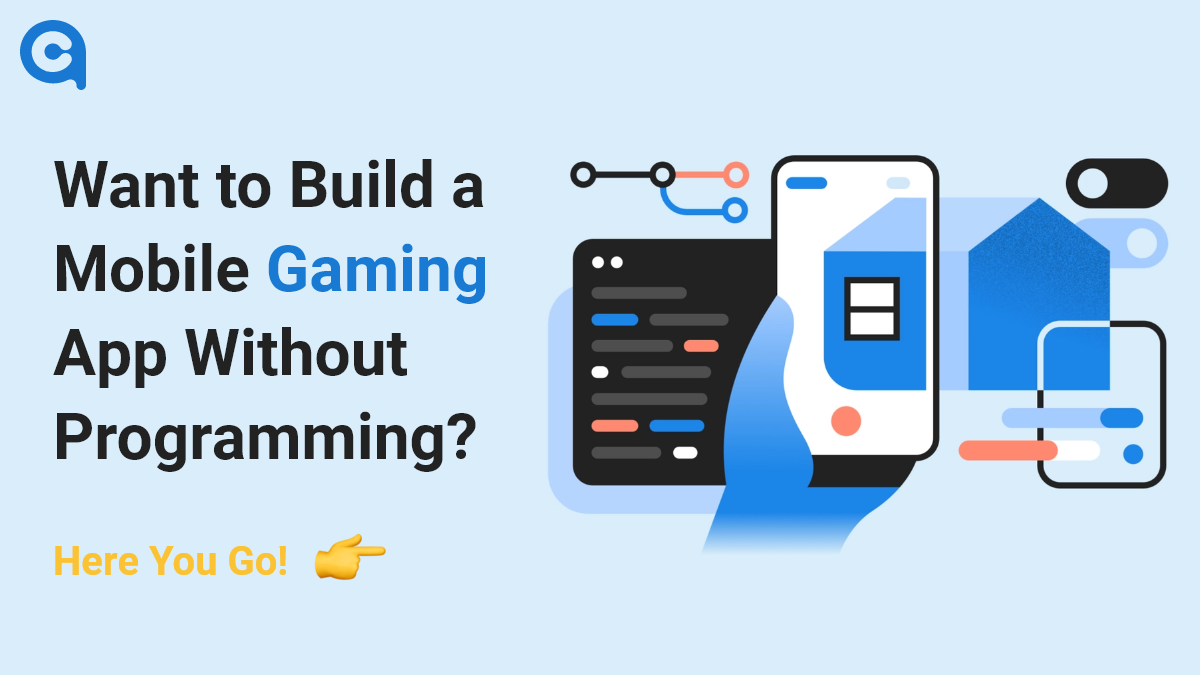
Do you want to build a simple app for your business? Do you want to create an app that enhances the experience of users who play games on their smartphones? Whatever your reason, I have created this g

Prime Minister Narendra Modi eventually launched 5G in India at the 6th edition of the IMC (India Mobile Congress). Reliance Jio and other telecom organizations documented the various use cases of 5G

Technology has come a long way in the past decade, and augmented reality (AR) is one of the most exciting development fields. AR technology superimposes digital content into the real world, creating a

Summary: Car rental apps have become the heart of the business, stimulating growth, efficiency, and customization. They offer updated rental methods to stay relevant with Gen Z and Millennials, who ar

Can you give thought to a week without coffee breaks at cafes? It might not be possible, but earlier, having coffee outside the house was never a thing. So how the tables have changed the corners?

Want to establish a new business or improve an existing one? You should consider using blockchain technology Being a distributed database, Blockchain allows for secure online transactions. This techn

Decentralized Finance (DeFi) is a modern and evolving region of finance that is less centralized and more open to innovation and collaboration. DeFi enthusiasts laud its prospect of disrupting convent
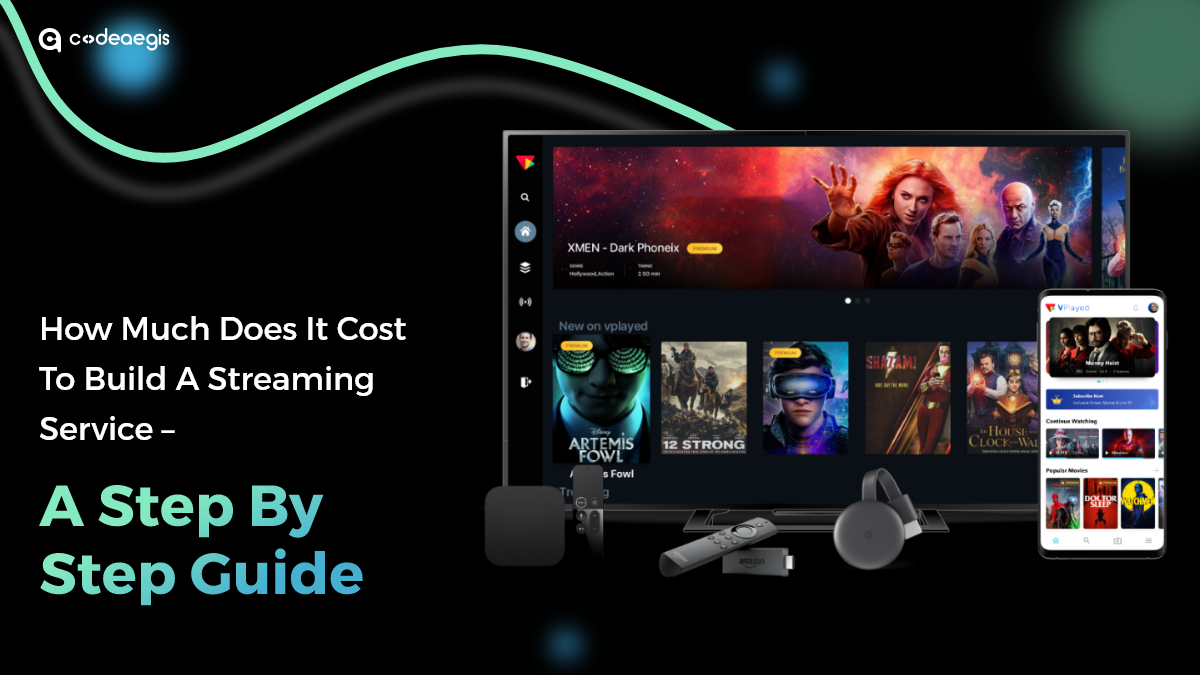
The rise of online video streaming services has revolutionized the entertainment industry, prompting businesses worldwide to explore the possibility of launching their own platforms. With giants like
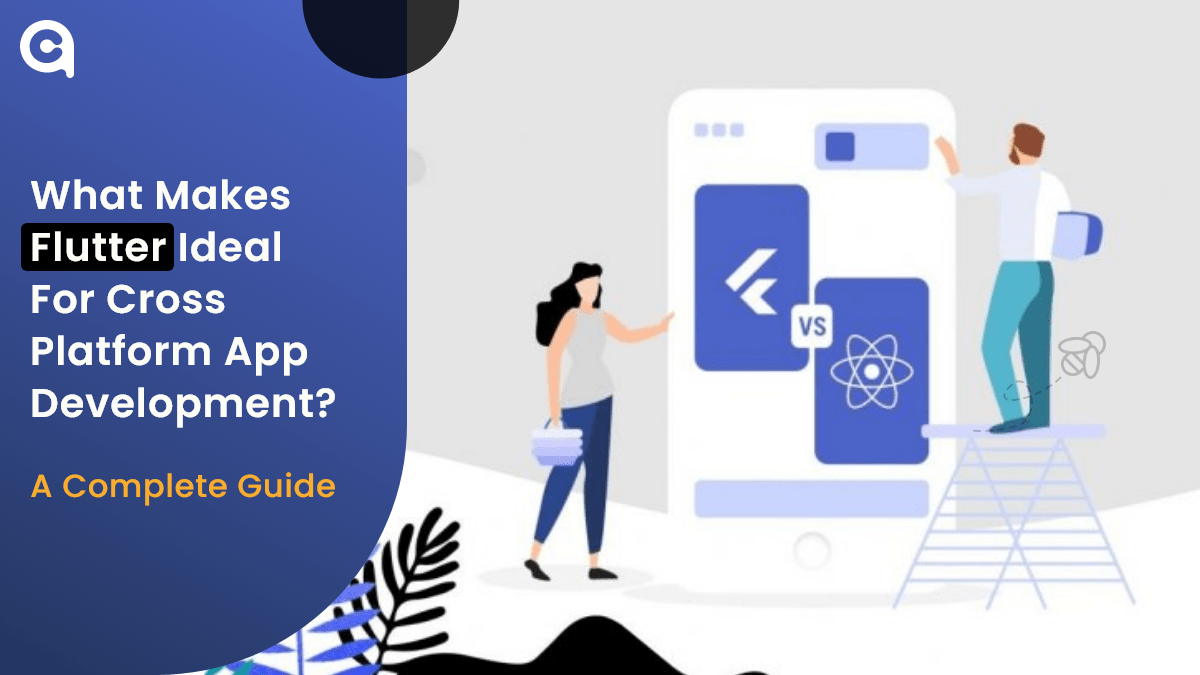
Table of Contents 1. What is Flutter? 2. Why Choose Cross-Platform Development? 3. Why is Flutter the Best Platform to Make Cross-platform Applications? 4. How Much Does it Cost to

Things have changed dramatically over the years with new opportunities, techniques, and future advancements. Real estate is the best industry to invest in, though the procedure sometimes irritates. Me

IPTV has established itself as a prominent technology that is gaining traction with its comprehensive platform applications. Unlike traditional methods like satellite, cable, or TV, IPTV has accelera

Building an App that promotes businesses and acts as a right hand has a separate fanbase! Creating an app for the business plays a fundamental role in elevating business operations, making seamless c
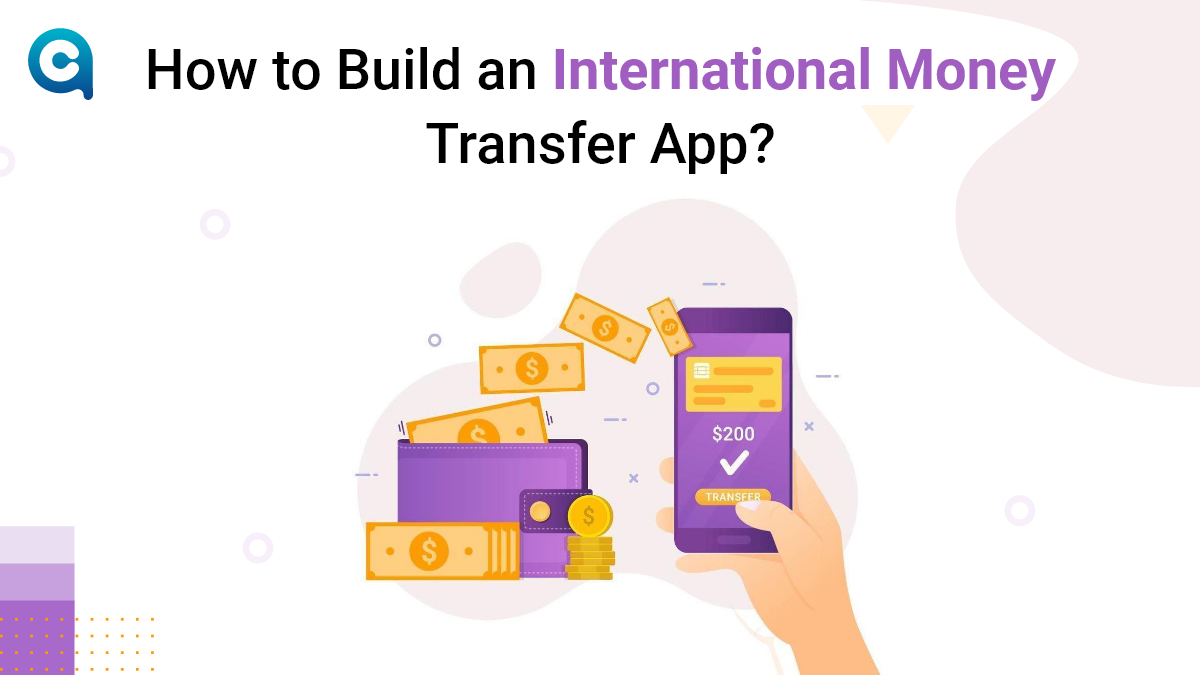
The introduction of online payment applications has changed how people perform financial transactions. A mobile phone with a banking app lets you quickly resolve various financial matters. Ta
Leave a Reply
Your email address will not be publishedDO YOU HAVE ANY PROJECT
Let's Talk About Business Solutions With Us
India Address
57A, 4th Floor, E Block, Sector 63, Noida, Uttar Pradesh 201301
Call Us
+91 853 500 8008
Email ID
[email protected]





.jpg)





